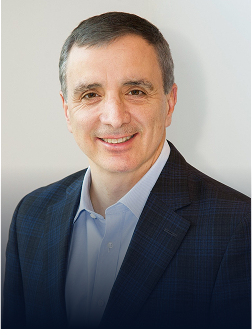 Leandra’s Law: One Year Later
Leandra’s Law: One Year Later
Are checkpoints for drunk drivers in New York and other states an efficient use of scarce law enforcement resources? Research indicates that relatively few drivers are arrested for drunk driving at checkpoints, compared to the large number of people stopped. As a result, critics assert that DWI checkpoints are not the best approach to reduce drunk driving.
A number of drunk-driving checkpoints were set up over the winter holidays by New York State Police. The goal was to stop drunk drivers and deter others from impaired driving. But numerous critics have argued that resources are more efficiently used for roving patrols in which large numbers of police patrol the roads looking for erratic drivers.
DWI Checkpoints Not Effective
The managing director of the American Beverage Institute, Sarah Longwell, said that DWI checkpoints “represent the wrong way we look at traffic safety.” Longwell cited statistics reporting an average of three drunk-driving arrests for every 1,000 people pulled over from checkpoints each year. In addition, the Federal Bureau of Investigation (FBI) has stated that, “typically, sobriety checkpoints do not yield a large volume of DUI arrests.”
A 2009 study from the University of Maryland concluded that DWI checkpoints do not have “any impact on public perceptions, driver behaviors, or alcohol-related crashes, police citations for impaired driving and public perceptions of alcohol-impaired driving risk.” Further, a National Highway Traffic Safety Administration (NHTSA) review found that checkpoint programs in several states had no effect on drunk-driving awareness or self-reported impaired driving.
Cases from the state Supreme Courts in Pennsylvania and New Hampshire have concluded that roving patrols catch 10 times more legally-intoxicated drivers than DWI checkpoints. The FBI agrees, asserting that roving patrols of police officers are proven to result in more drunk driving arrests than checkpoints.
Inefficient Resource Use
One reason that roving patrols are more effective than DWI checkpoints is that checkpoints target an overly-broad group of drivers, including responsible adults who are legally driving after having a drink. Checkpoints do not efficiently focus resources on extremely drunk drivers, who are responsible for the majority of alcohol-related traffic fatalities.
According to a Reuters news report, the average blood-alcohol concentration of a drunk driver in a fatal crash is .19 percent, which is more than twice the legal limit. Checkpoints are easily avoided by repeat, hardcore drunk drivers because they are highly visible and widely publicized in advance.
If you have been arrested or charged with a DWI offense after a DWI checkpoint stop, promptly contact an experienced drunk driving lawyer in your area.

